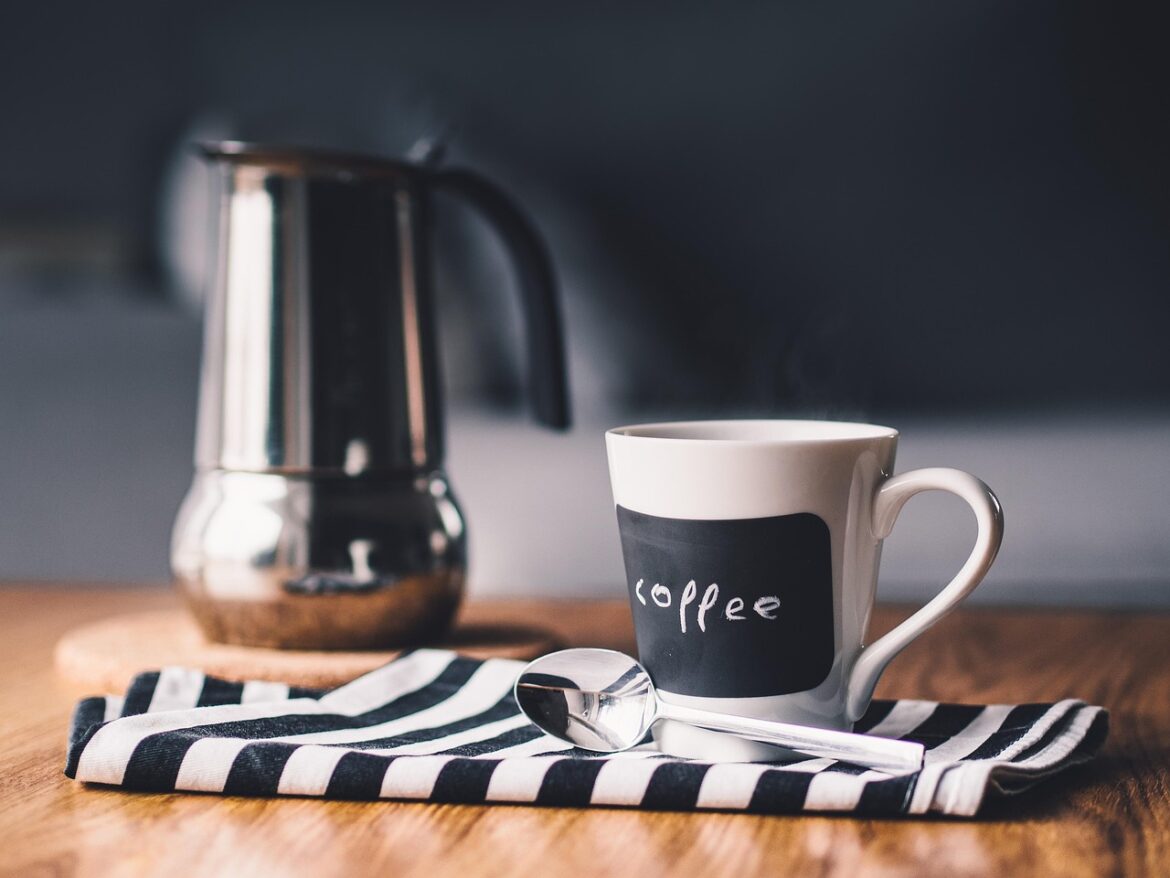Mastering Brew Perfection: Exploring the Ideal Water Temperature for Coffee
Whether you’re a seasoned barista or a home brew enthusiast, the quest for the perfect cup of coffee can be both exhilarating and daunting. One of the key factors in crafting a great cup is the water temperature. The right temperature can enhance flavor extraction, ensuring every sip is as satisfying as intended. This guide explores the ideal water temperatures for different brewing methods and answers common questions to help optimize your coffee brewing experience.
The Science of Coffee Brewing and Water Temperature
Before diving into the specifics, it’s crucial to understand why water temperature plays a pivotal role in coffee brewing. Coffee extraction involves pulling flavors and compounds out of coffee beans. If the water is too hot, it can cause over-extraction, leading to a bitter, unpleasant taste. Conversely, if the water is too cool, under-extraction occurs, and the coffee may taste weak or sour. Finding the ideal temperature is essential for balancing these flavors effectively.
Optimal Water Temperatures by Brewing Method
Espresso
For espresso, precision is key. Typically, the ideal water temperature for espresso is between 195°F and 205°F (90°C to 96°C). Most high-end espresso machines manage this temperature automatically, but for those using manual or semi-automatic machines, monitoring the temperature can significantly affect the outcome of your brew.
Pour-Over
Pour-over coffee makers like the V60 or Chemex provide more control over the brewing process, and the water temperature is critical here as well. A range of 195°F to 205°F (90°C to 96°C) is also ideal for these methods. The precise control over pouring speed and the temperature can lead to a beautifully nuanced cup.
French Press
The French press, beloved for its richer and fuller body, operates optimally with slightly cooler water, around 195°F to 200°F (90°C to 93°C). This temperature range helps to extract deep flavors without pulling out too many bitter compounds, which could otherwise overwhelm the palate.
Cold Brew
Cold brew coffee is a unique category, as the brewing occurs over an extended period, from 12 to 24 hours, and does not involve hot water. However, the temperature of the water can still influence the extraction process. Cold or room temperature water is ideal, which gives the brew its signature smooth and sweet profile.
Testing and Adjusting Water Temperature
For those serious about their coffee, investing in a reliable thermometer can make a significant difference. Digital or analog thermometers can help ensure you’re hitting the right temperature spot every time. Additionally, many modern kettles come with temperature controls that allow you to set and maintain precise temperatures throughout the brewing process.
Common Questions About Water Temperature for Coffee Brewing
1. Does altitude affect the boiling point of water for brewing coffee?
Yes, altitude does affect the boiling point. At higher elevations, water boils at a lower temperature due to decreased air pressure. This might require adjusting the heating temperature upwards to compensate.
2. Can I use boiling water to brew coffee?
Using boiling water is generally not recommended as it can lead to over-extraction of bitter flavors. Always allow boiling water to sit for about 30 seconds to a minute to reach the ideal brewing range of 195°F to 205°F (90°C to 96°C).
3. How quick should I serve coffee after brewing?
Serving coffee immediately after brewing captures its full spectrum of flavors and aromas. If coffee sits too long, especially on a heater, it can start to degrade and become bitter.
Enhancing Your Experience
Beyond just temperature, there are several aspects to consider for enhancing your coffee experience. The quality of the beans, the grind size, and even the water quality can dramatically alter the taste of your coffee. It’s important to experiment with these variables in conjunction with water temperature adjustments to truly master the art of coffee brewing.
Conclusion
Understanding and controlling water temperature can significantly influence your coffee’s quality and flavor. Whether perfecting your pour-over technique or mastering the espresso machine, each adjustment brings you closer to brewing the perfect cup. Keep experimenting and enjoy the journey towards coffee mastery, one cup at a time.
Empowering yourself with knowledge about the ideal brewing conditions will not only improve your daily coffee routine but also deepen your appreciation for the complexity and diversity of coffee. Happy brewing!

